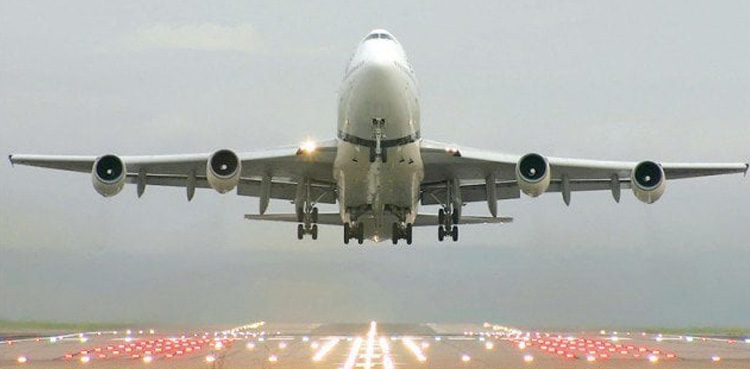Cybersecurity specialists are warning of a dramatic increase in GPS “spoofing,” a digital attack that can deceive aircraft about their location and disrupt their onboard systems. This new cyberthreat can cause navigational errors and lead to complications in reaching the destination.
According to the aviation advisory group OPSGROUP, there has been a 400% rise in these spoofing incidents, especially near conflict zones. These attacks often originate from ground-based systems that transmit incorrect GPS information, aiming to confuse drones or missiles, but they are also affecting commercial airliners.
What is GPS spoofing? GPS spoofing involves sending fake GPS signals to aircraft, which can make them believe they are in a different location. This can result in navigational errors, and while it may not directly cause a plane to crash, it can create confusion and potentially lead to more serious problems when combined with other issues.
A report by Reuters revealed that Ken Munro, a cybersecurity expert from Pen Test Partners, explained at a recent DEF CON hacking conference that
GPS is not only used for location but is also essential for maintaining accurate time on aircraft. He mentioned instances where these spoofing attacks have caused airplane clocks to malfunction, leading to significant problems.
Munro cited an instance where a plane’s internal clocks inexplicably jumped forward by years, resulting in the loss of secure communication capabilities, necessitating a weeks-long grounding for repair.
Real-world issues In April, Finnair temporarily suspended flights to the Estonian city of Tartu due to GPS spoofing. The Estonian government attributed the attacks to nearby Russia.
GPS has replaced older, more expensive ground-based systems that assisted in guiding planes. However, GPS signals are relatively easy to interfere with using inexpensive equipment and basic technical knowledge. While these attacks may not directly endanger flights, they can cause enough confusion to trigger a chain of events that could lead to serious problems.
Munro stressed that spoofing may not cause a plane to crash outright, but its cumulative effect can lead to significant risks by introducing subtle inaccuracies.



Leave a Comment